A research carried out as part of a doctorate from MIT focused on “defects found on silicon and their impact on the efficiency of solar cells made with this material.”
“Dislocation is a defect that occurs at high temperatures, of 500 ° C onwards. In this research the student analyzes these defects and their impact on the efficiency of solar cells made from silicon, since this material is used in over 90 percent of solar panels worldwide “.
The Mexican researcher, Sergio Castellanos explains that the harmful part of the dislocation is interacting with other defects such as metallic impurities within the material of solar cells; they tend to reduce efficiency by -for example- interacting with electrons.
“When having a dislocation is very easy for impurities to settle into a defect in the material. Therefore, in my research I analyze at an early scale what kind of dislocations will be more harmful to the cells, meaning, which ones will interact more with impurities because not all do likewise, hence not all dislocations are equally harmful.”
The proposal of Sergio Castellanos at the MIT is to apply a method in wafers of polycrystalline silicon before being processed into solar cells. This method involves using a chemical treatment in order to view the dislocations and analyze the geometric variation on the surface. After making crystallographic analysis as well as X-rays for determining the distribution and concentration of metal impurities, a correlation is made with the geometric appearance of the surface and then, just by looking at the surface, one can deduce what the electrical behavior within material will be.
“The goal is to identify which areas of the material will be more likely for electrons to recombine before being extracted by contacts, becoming less efficient cells.”
Article Source:
From the MIT a researcher identifies defects in solar cells made of silicon; Investigación y Desarrollo — January 2, 2015





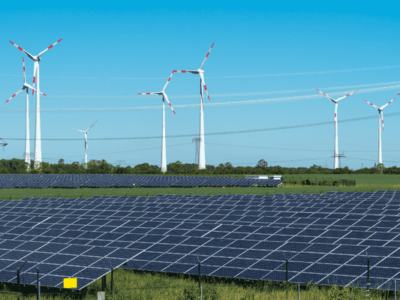
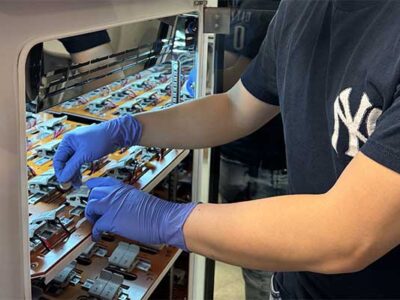
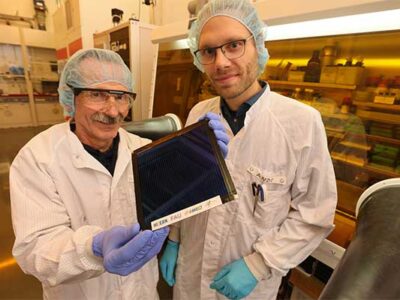
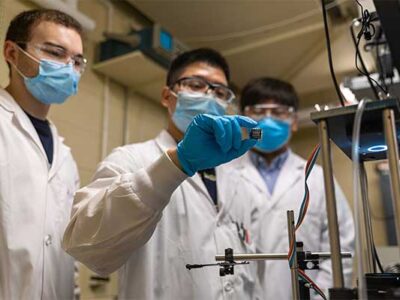
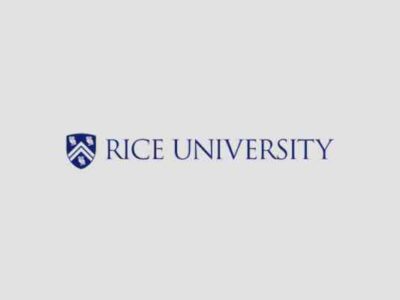



Comments